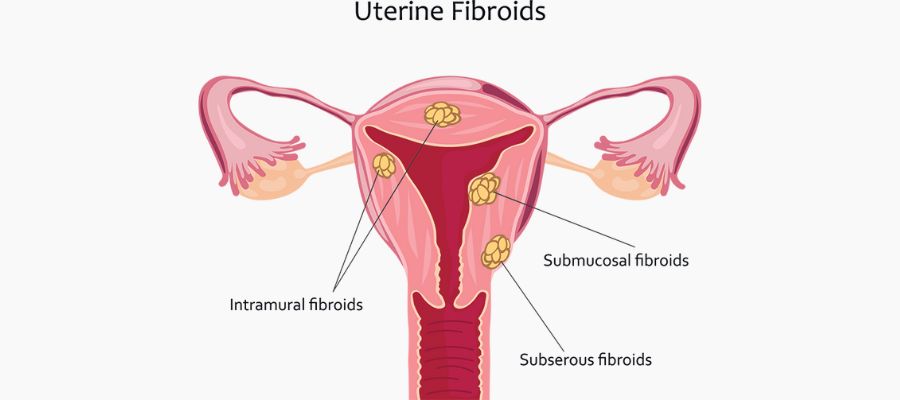
Milk Consumption Benefits, Do’s and Don’ts
According to Ayurveda, milk is a highly nutritious substance that plays a vital role in nourishing the body's tissues and strengthening them.
Ayurvedic scholars affirm that cow's milk is endowed with ten major medicinal properties that set it apart from other types of milk.
These properties include
- a sweet taste,
- body-cooling properties that counteract excess heat within the body,
- a high-fat content that softens tissues,
- a thick and viscous texture,
- heavy digestibility, and
- an ability to increase the stickiness of tissues while flowing slower than water. Furthermore, cow's milk has a calming effect on the mind and provides clarity when consumed.
The consumption of cow's milk has numerous benefits.
- It acts as a rejuvenator, improves Ojas, acts as Rasayana, and has natural aphrodisiac properties.
- It can increase life expectancy, boost intelligence, memory power, and body strength.
- Daily consumption of cow's milk can enhance libido, sperm count, and help with sexual dysfunction.
- It is also recommended as a vajikarana food for men who undergo Vajikarana Therapy, as it helps with erectile dysfunction and premature ejaculation.
- Cow's milk is an instant energizer that relieves thirst, tiredness, dizziness, and hunger.
- It is an elixir for recuperating persons as it helps to overcome severe debility.
- It is also useful in diseases related to the urinary system, bleeding disorders such as nasal bleeding, and heavy menstrual bleeding.
- For newborns, cow's milk is the best substitute for mother's milk.
- Persons suffering from gout benefit from regular consumption of milk.
- Studies show that drinking low-fat cow milk can help reduce blood uric acid levels. Additionally, it accelerates wound healing.
Ayurveda recommends consuming milk daily, but there are some dos and don'ts to consider.
It is essential to boil milk well before consuming it. According to the Ayurvedic text Yogaratnakara, adding water to milk in the ratio of 1:2 and boiling it to evaporate water and retain milk in proportion makes it light and healthy for digestion.
When milk is consumed in the early morning, it strengthens the body, increases body weight, and boosts the power of digestion. If you drink milk in the afternoon, it boosts body energy, improves the sensory qualities of taste buds, and helps in urine retention. It is very beneficial for those who have a tendency to get renal calculi. Dosha imbalances are normalized when you drink milk at night.
Milk helps in overall development, strength, and kindles the appetite in children. When men drink milk, it improves their quality and quantity of semen. It helps to recover patients quickly by providing essential nutrients and energy. Milk can be mixed with mango pulp, raisins, honey, ghee, butter, long pepper (pippali), black pepper, ginger, jaggery, and sugar.
However, Ayurveda cautions against using milk with other fruits, fish, meat, radish, and alcohol. Additionally, avoid mixing starch, salt, fermented beverages, and green gram (moong) with milk as these combinations act as opposite foods and imbalance doshas.










